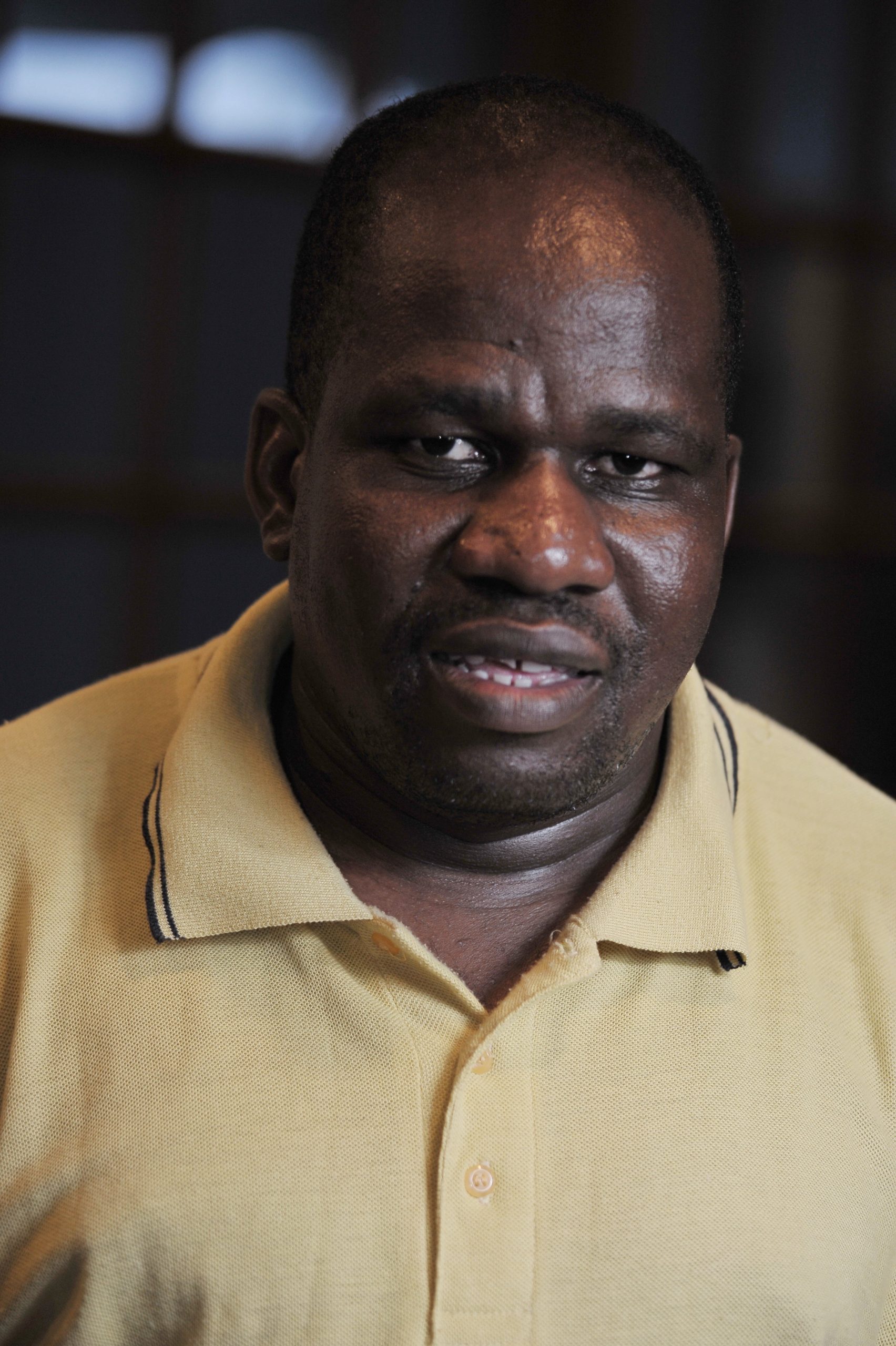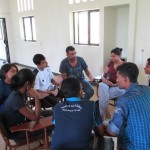 For most of us in the African context, prayer and prayerfulness are an indispensable part of our spirituality. We pray, and we look to God for everything, from medical care to employment and bank loans. Nothing is left for granted or to chance because mostly our systems do fail us!
For most of us in the African context, prayer and prayerfulness are an indispensable part of our spirituality. We pray, and we look to God for everything, from medical care to employment and bank loans. Nothing is left for granted or to chance because mostly our systems do fail us!
Prayerful as we are, some of our prayers are very much worrying. Their content is foreign to the language and the attitude of the Bible. The same can be said of the posture of our prayers and the people who pray them. The motivation is often fear and the desire to manipulate everything spiritual to our advantage.
Here are some of Paul’s prayers we looked at in a recent journey with staff of ESWAFES, the movement in Eswatini:
1) Paul thanking God for his people (e.g. Romans 1:8-10, 1 Corinthians 1:4, Ephesians 1:16, Philippians 1:3-4, Colossians 1:3, etc).
2) Paul prayed for their wisdom and knowledge (e.g. Ephesians 1:17, Ephesians 1:18, Romans 15:13).
3) Paul asked people to pray for him (e.g. 2 Th 3:1-2, Phil 1:22) and a range of many other issues.
As we looked at Paul’s prayers in our studies, we saw a lot of both learning and unlearning to do. We need to unlearn a lot of practices with which prayer has become associated in our context, just like how in their context, the disciples needed pray differently to hypocrites and pagans (Matthew 6:5-8).
Here is some of the unlearning:
a) God is not an errand boy we send around as we wish through prayer.
b) Prayer is not a weapon we use to change God’s mind and do our bidding.
c) Prayer is bigger than our own self-centredness; it is not about us.
These were very difficult things to unlearn because they have been part of our prayer economy for as long as our salvation and that of our pioneers! Praise God there were a lot of vital lessons learnt from Paul’s prayers including the following:
(a) God’s priorities must become our priorities in prayer.
(b) God’s sovereignty over the affairs of men and his creation are the basis of our confidence in prayer.
(c) Submission to God’s rule is the ultimate motivation for a prayerful life.
As we think about prayer, I would like to invite all of us to look at some of the great prayers God’s people made in the Bible. Let us try to learn from them. Paul’s prayers are such a wonderful collection for Christians today!
Mukululi Ncube, ESWAFES Re-pioneering Staff and member of IFES Global Team on Scripture Engagement.





 After each of these ‘retreats’, I came back with a fresh mandate! A clearer calling of how to proceed. For me, these retreating times are not an option, but an oasis where I can drink deeply and make space for life. So, I know for myself, 2017 was a year of ‘hard knocks & tough schooling’, yet it was the year I am certain ‘he carried me on eagle’s wings & sang his song over me by night.’
After each of these ‘retreats’, I came back with a fresh mandate! A clearer calling of how to proceed. For me, these retreating times are not an option, but an oasis where I can drink deeply and make space for life. So, I know for myself, 2017 was a year of ‘hard knocks & tough schooling’, yet it was the year I am certain ‘he carried me on eagle’s wings & sang his song over me by night.’ Read one of these psalms, written by Axel Aurenche Gbelia, a student from the Ivory Coast:
Read one of these psalms, written by Axel Aurenche Gbelia, a student from the Ivory Coast:
